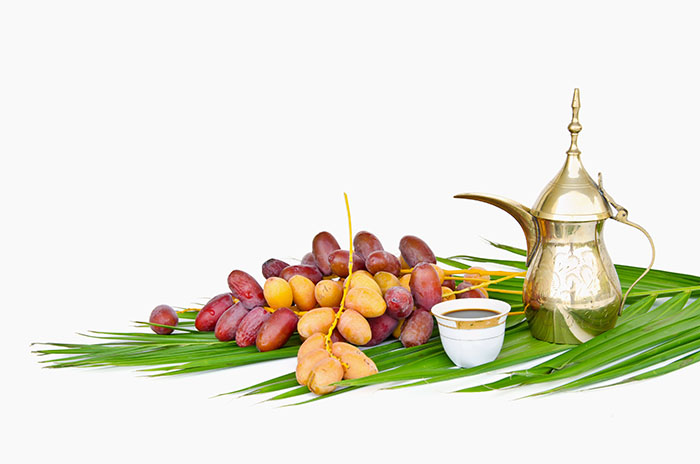
During Ramadan keeping health as a priority, few things are important at the two most significant meals ... Iftar (sunset meal) and Suhoor ( pre dawn meal ).
Keep Iftar meal simple and avoid get togethers. Focus on getting more nutrition by adding variety of colourful fruits. Break your fast with dates. Avoid fried food and opt for healthy cooking options using air fryer, grill microwave, steam cooking.
Add healthy choices like whole grain chicken or lean meat porridge, cooked or baked beans, lentils soup, simple cooked harees, quinoa with fish and vegetables, brown rice, mixed vegetables and lean meat stew which not only provide nutrition but also prevent acid reflux and indigestion.
Suhoor is the most essential meal of Ramadan fasting. Do not skip suhoor. Ideally have suhoor meal before fajr prayers.The one who eats suhoor will be encouraged to fast more comfortably specially among the adolescents and old people. A good protein and whole cereal like whole grain breads, oats, bulgur, plain muesli, chapathi with either eggs, low- fat cheese, milk, nuts or yoghurt will be nourishing.
Hydration is the key to avoid headaches, tiredness and urinary tract infections. Drink at least 1.5-2 litres of water between iftar and suhoor. Quench your thirst with plain water, coconut water or flavoured water. Some refreshing tea options are ginger tea, green tea, chamomile tea and mint tea. Avoid caffeine in the night. People having diabetes and other ailments should consult the doctor before fasting.
(Sumaira Fatima is a clinical dietitian at IMC Sugar Apollo)